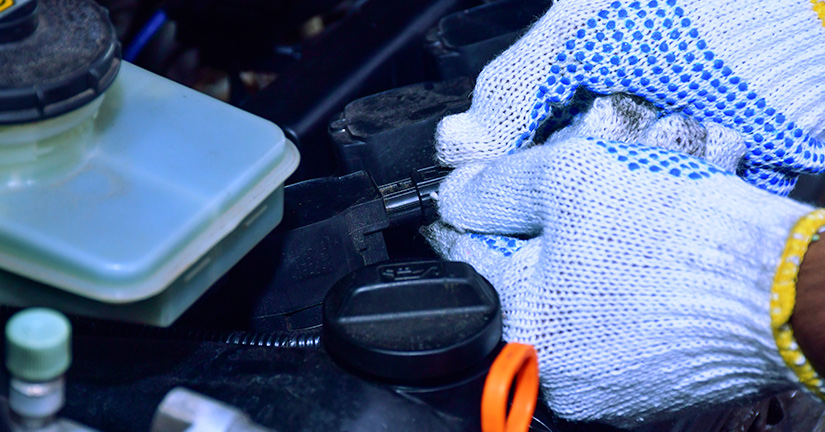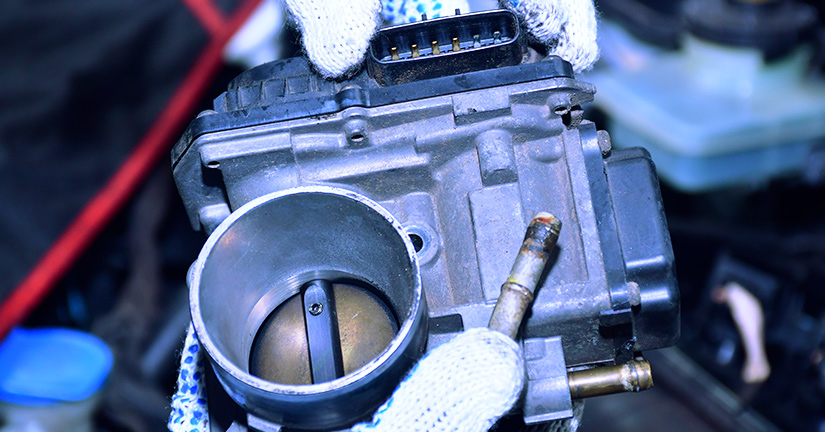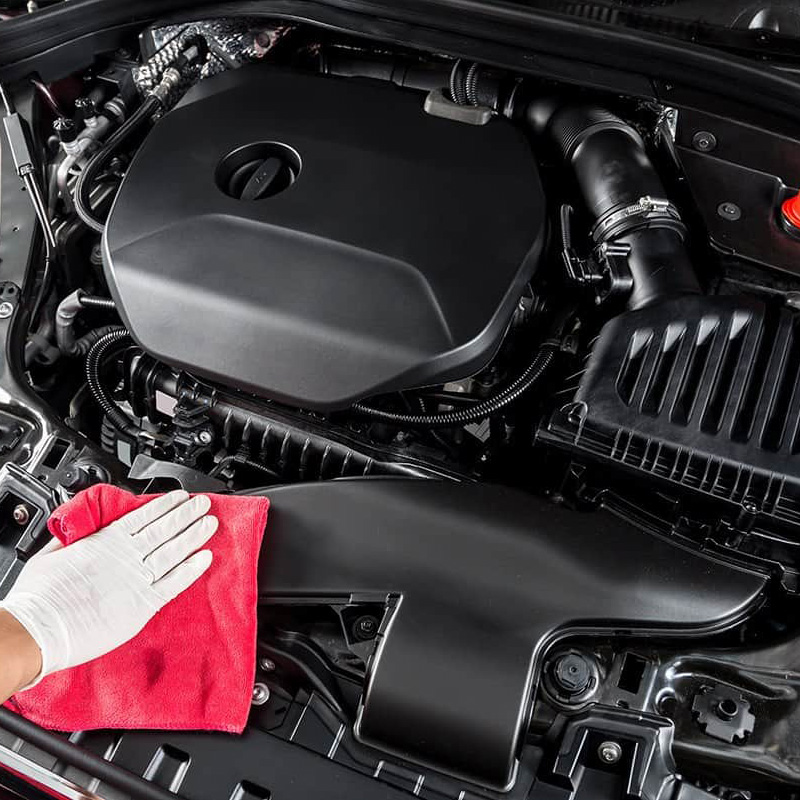
Engine Tune-up is one of the most important preventive maintenance in a vehicle. The average mileage of a non-hybrid car is 25000 km or 2.5 years after driving, and if a hybrid vehicle has a driving distance of 40000 km or 2.5 years or on its first arrival an engine tune-up should be focused on. Subsequently, the engine is restored to its original condition. This will increase the fuel efficiency of the engine, reduce emissions, reduce noise levels and enhance longevity, as well as improve safety features such as reducing potential malfunctions. When a vehicle is running for a long time, the carbon is deposited in the air intake system such as the inlet manifold runner, the air intake chamber, the inlet cylinder and reduces the volume of airflow entering the engine and reduces the volume of the engine cylinders. Furthermore, the quality of the fuel used in the vehicle is not the same and the filter and fuel line is blocked, which is why the constant fuel pressure, which is the basic requirement of the EFI vehicle, does not exist properly. Defective conditions, such as a malfunction of the injector, also develop. It also degrades the performance of valuable devices, such as EGR and Catalytic Converter, which help improve overall fuel efficiency by controlling vehicle emissions. The weak spark plug also causes the combustion of fuel irregularity. Such conditions may lead to the reduced fuel efficiency of the vehicle, reduced power output, rough engine speed, defective functional components such as Oxygen Sensor and EGR, premature operational failures, increased exhaust emissions and increased exhaust emissions and brakes during driving.
Therefore, some important engine control systems need to be considered in the engine tune-up service.
4. Emission Management System
5. Electronic Controlling System
Those systems can be described as such.
This service is provided by technicians with specialized practical and theoretical training in our company also monitoring and correction of all components of the engine air conditioning system, all components of the fuel system and all components of the ignition system, and reprogramming of all functional components of the electronic control system to their initial state by computer programs are done. It leads to a healthy, stress-free journey.



